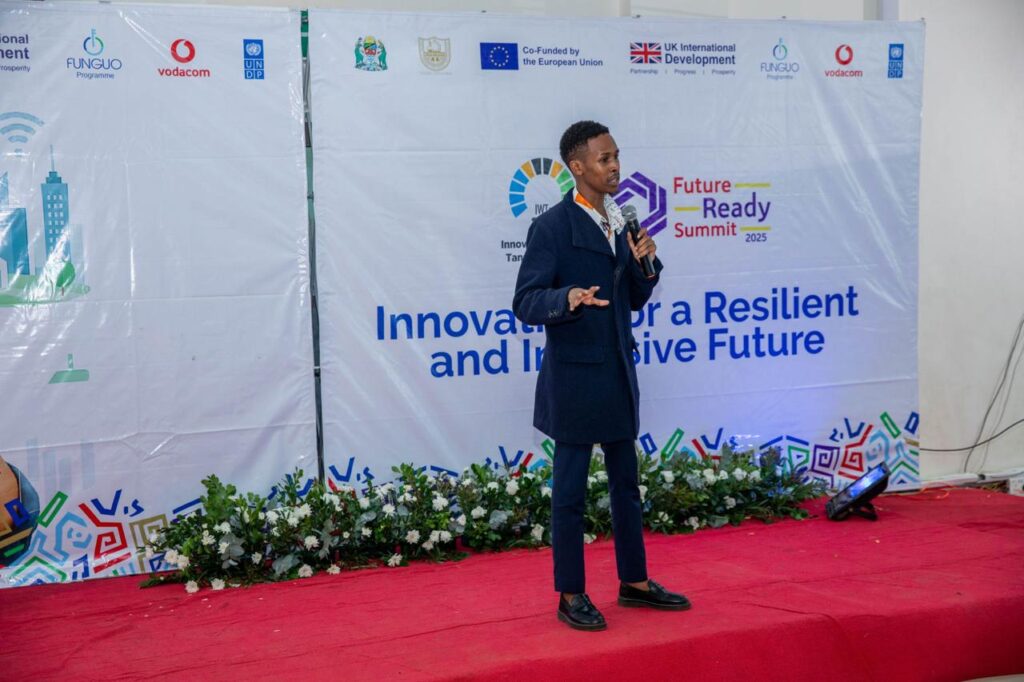When David class of ‘20 first came up with the idea of converting human hair into organic fertilizer in 2017, it wasn’t with scaling in mind; it was born out of curiosity and a science fair project. But his journey from idea to commercialization became an inspiring roadmap for young innovators in Tanzania.
1. Know when and how to scale
Scaling a business starts with validation. Before expanding, test your idea through pilot programs to confirm that it works in real settings. David, for example, started small in Arusha, using early grants like TZS 2 million to fund research and development rather than jumping into loans or major spending. He delayed business registration and large investments until he was confident the model worked. Building a strong team is also key. David partnered with passionate individuals he met through science fairs and volunteer programs. Above all, don’t skip research. Understanding your market and community needs can prevent costly mistakes later on.
2. Master the art of pitching and selling ideas
Pitching isn’t just about confidence, it’s about clarity, credibility, and preparation. David once had to compress a 14-slide presentation into two minutes; staying calm under pressure made a difference. But success starts before the pitch: gather documentation like patents, certifications, and performance data early on. Credibility grows with proof of real user feedback and external validation. David also learned from setbacks, like losses in Rwanda and with Total Energies, which pushed him to protect his intellectual property and improve his pitch strategy. He later applied to 17 pitch competitions in 2024 and won 7, all aligned with his business goals and offering substantial grants. Starting small with real results helped him build trust because funders want to back what works, not just what sounds good.

3. Innovate smart with what you have
Great innovation begins with solving real problems. David’s idea may have started at a science fair, but it was refined through engagement with the community, especially farmers. Testing with real users allowed him to tweak and improve the product based on their feedback. Before sharing too much, he secured his intellectual property, showing the outcome but protecting the process. He also used resources creatively, bringing in interns, working with universities, and applying for focused grants. Instead of chasing every opportunity, he stayed focused on long-term systems like logistics and product refinement. Innovation, after all, isn’t about chasing every idea; it’s about making one idea truly work, even with limited tools.
His story shows that you don’t need millions to make an impact, you need curiosity, discipline, and the courage to start small and grow smart. Whether you're just exploring an idea or already testing it on the ground, David’s approach offers a local blueprint: validate first, scale wisely, pitch boldly, and innovate with purpose. In the Tanzanian context, where resources can be limited, this practical, grounded path may be your greatest asset. The next big solution could be yours; you just have to build it one step at a time.
Have any impactful stories to share with us? Reach out via alumni@schoolofstjude.co.tz or 0766200609
